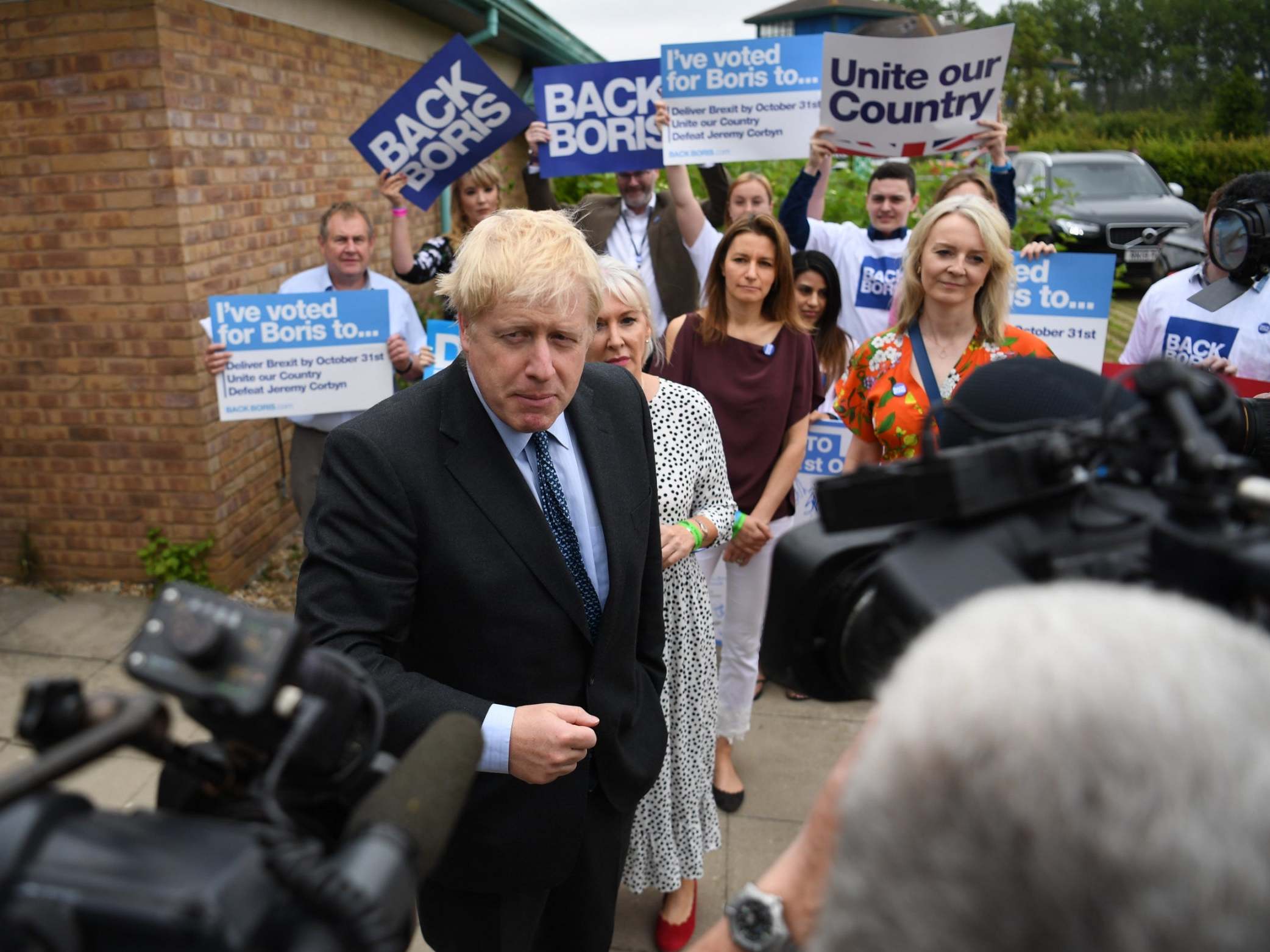Should we trust Twitter sweepstakes and public polls when it comes to the Conservative Party leadership contest?
Results of polling on questions such as: ‘how long will Boris Johnson last as prime minister?’ may not be much use for predicting the future, but they tell us quite a lot about how low expectations are


So much of political commentary is trying to predict the future. That is one reason I am interested in opinion polls and betting markets. They are different things: pollsters try to capture the state of public opinion at the time, whereas bookmakers put together the predictions of large numbers of people about what is going to happen.
They overlap, because polls are often used to predict how people might vote in future – and they often ask people how they might behave if different things happen. And the evidence is that polls are better at predicting votes than betting markets. They were, for example, a better guide to the 2016 EU referendum, saying it was, in effect, 50-50, whereas the bookies gave Remain an 80 per cent chance of winning.
That is why I pay more attention to surveys of Conservative Party members that find 74 per cent of them intend(ed) to vote for Boris Johnson than I do to the bookies, who now give him a 96 per cent chance of becoming leader.
But opinion polls are only of some use in predicting elections. One of the biggest questions for politics now is: will we leave the EU this year? The betting markets suggest there is a 38 per cent chance that we will – in other words, a 62 per cent chance that we will still be in the EU on 1 January 2020. Interesting, but hardly reliable.
That is why I run sweepstakes on Twitter: it is interesting, but not reliable, to seek the wisdom of the crowd. Recently I started a sweepstake on the number of days that Johnson will be prime minister, and it has produced a fascinating spread of guesses, ranging from zero – a popular option, presumably from people expecting a revolt by a group of Tory MPs before he even gets to Buckingham Palace – to 10 years.
The results are not much use for predicting the future, but they tell us quite a lot about how low expectations of a Johnson premiership are. The median guess is 140 days, which means half of those taking part think Johnson will be gone by Christmas.
For all we know, that probably means he is destined to outlast Margaret Thatcher, who at 11 and a half years was the longest-serving prime minister of the fully democratic era.
Yours,
John Rentoul
Chief political commentator
Join our commenting forum
Join thought-provoking conversations, follow other Independent readers and see their replies
Comments
Bookmark popover
Removed from bookmarks